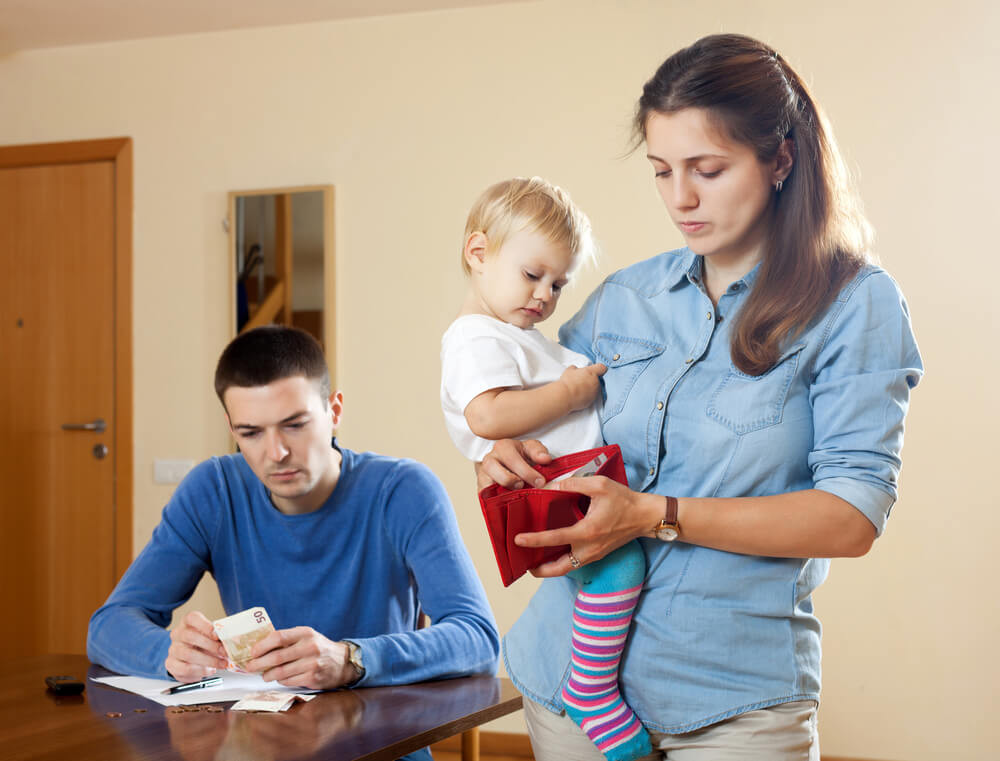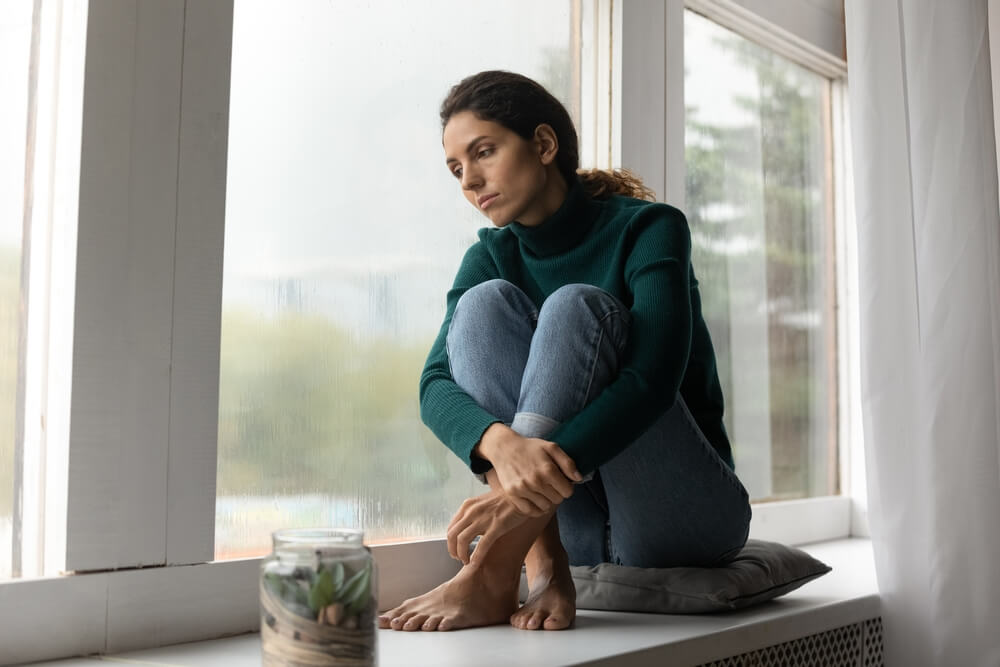What is economic abuse?

Economic abuse, commonly known as financial abuse is a form of domestic abuse, where abusers repeatedly control another person's choices and everyday actions. Financial abuse involves the control of finances, stealing money or coercing someone into debt, whereas economic abuse spans further, controlling resources such as housing, food, transport, and employment.
Abusers use coercive behaviour to exert control over:
- income
- spending
- bank accounts
- bills
- borrowing
- access to transport/technology/food/clothing
Economic abuse often occurs at the hands of a partner (1 in 6 women in the UK has experienced economic abuse by a current or former partner) and often leads to threatening or violence if their demands aren’t met.
How to identify if you’re a victim of economic abuse?
Economic abuse is rarely reported, as many victims don’t recognise the behaviour as being abusive until later on in the relationship or following separation. If you are experiencing or have experienced one or more of the following, it’s likely you are a victim of economic abuse:
1. Acquiring your resources
o Preventing you from working or going to work and/or limiting your hours
o Prevents you being in education
o Taking your pay/wages
o Refusing to let you access benefits
o Stopping you access to your bank account, loan or credit cards
o Your pressured into changing your will
2. Exploiting your resources
o Controlling where your money is spent and how purchasing decisions made
o Making you account for all of your expenditure and explain your purchases
3. Maintaining abuse of your resources
o Extending lines of credit in your name
o Transferring shared money from your joint account
o Insisting/putting bills in your name only
o Cashes in your pension or cheques without your permission

.
Economic abuse and debt
Economic abuse and debt go hand in hand. 8.7 million people report experiencing economic abuse, with 60% of domestic abuse survivors being coerced into debt.
The impact of financial abuse?
Rebuilding your life after experiencing economic abuse can be challenging. Many victims are left with nothing but a substantial amount of debt and a damaging credit rating.
Financial abuse often leaves victims without basic essentials like food and clothing, or access to their bank account, forcing them to turn to independent charities for help.
Sadly, if there are children involved, financial abuse often continues after a survivor has left the home and abuser, through withholding or not providing adequate child maintenance.
Knowing where to turn can be overwhelming, Women’s Aid, Men’s advice line and National LGBT & Domestic Abuse Helpline are independent organisations that provide emotional support, practical advice, and information on services to help you move forwards with your life.
Getting support
According to the charity Surviving Economic Abuse (SEA), victims of coerced debt in the UK are faced with a total bill of £23.5 million ever year. At Cabot, we understand the impact economic abuse can have and support our customers who are/have experienced this abuse.
We’ve joined a scheme launched by Surviving Economic Abuse and Money and Pensions Service to help victims of economic abuse deal with their creditors without the need for repeating their experiences to each creditor. Customers in this situation can complete an Economic Abuse Evidence Form via a debt advisor, who will then communicate to creditors their client is experiencing economic abuse. The form ensures victims will only need to talk about their situation once (to the debt advisor) and will help creditors make a decision on how to support their customers moving forwards.
If you’re struggling with debt due to economic abuse, or supporting someone who’s in that situation, you’re not alone. Taking the first steps to talk to someone is very brave. It may seem scary, but there is a community of support available to help you through your journey.
Here are some independent organisations that can provide support, advice and help:
• Email: helpline@womensaid.org.uk
• Live chat:
Mon-Fri 8am-6pm, Sat-Sun 10am-6pm
National domestic abuse helpline (run by Refuge)
• Telephone: 0808 2000 247
24 hours freephone
• Live chat:
Monday-Friday 3pm-10pm
• Contact them online by filling out a form here
• Telephone: 0808 801 0327
freephone, Mon-Fri 9am-8pm
• Live chat:
Wed, Thurs, Fri 10am-11am & 3pm-4pm
• Email: info@mensadviceline.org.uk
This inbox is monitored Mon-Fri 9am – 8pm, Sat & Sun 10am-12pm & 4pm-6pm
National LGBT & Domestic Abuse Helpline
• Telephone: 0800 999 5428
freephone, Mon-Fri 10am-5pm, Wed and Thurs open until 8pm
• Webchat: Wed & Thurs 5pm – 8pm
(chatbot is available 24/7 for those who do not need immediate help)
• Email: help@galop.org.uk
This inbox is monitored during these hours: Mon-Fri 9am – 8pm, Sat & Sun 10am-12pm & 4pm-6pm
If you’re supporting someone experiencing economic abuse, UK charity Surviving Economic Abuse, have put together some ways you can support a friend, family member or colleague:
